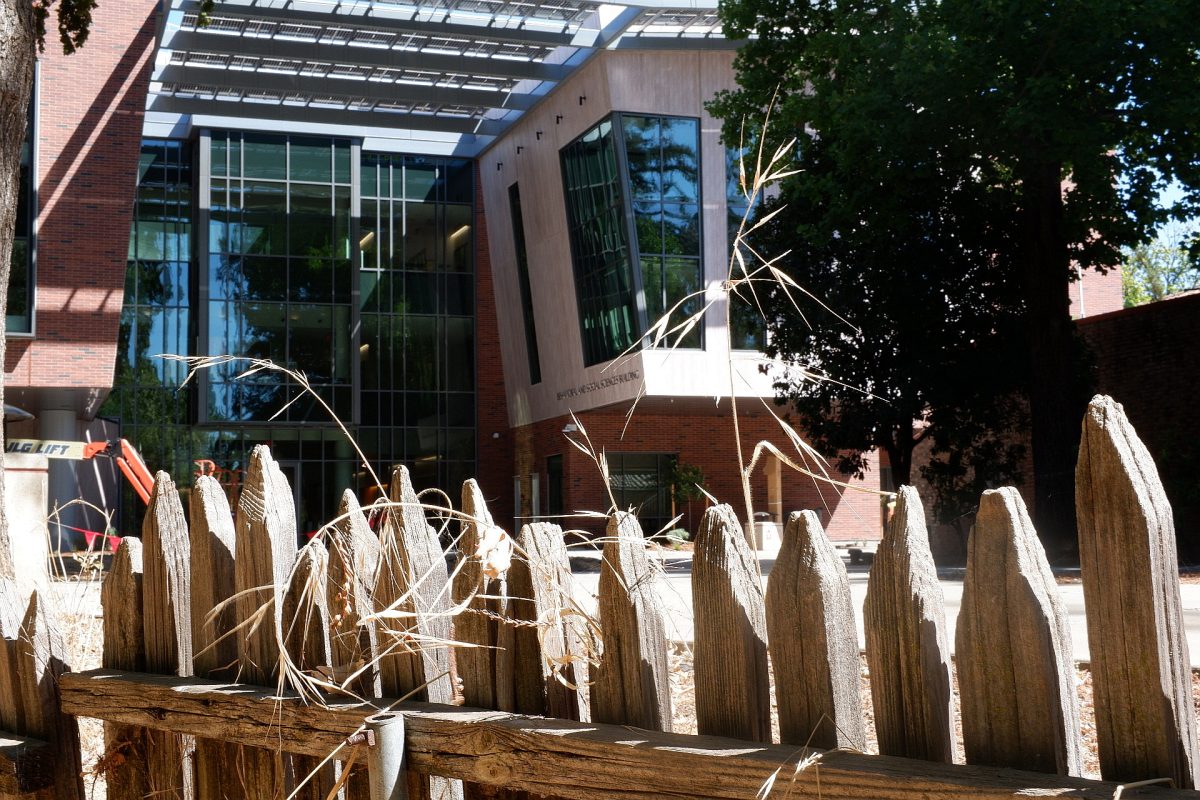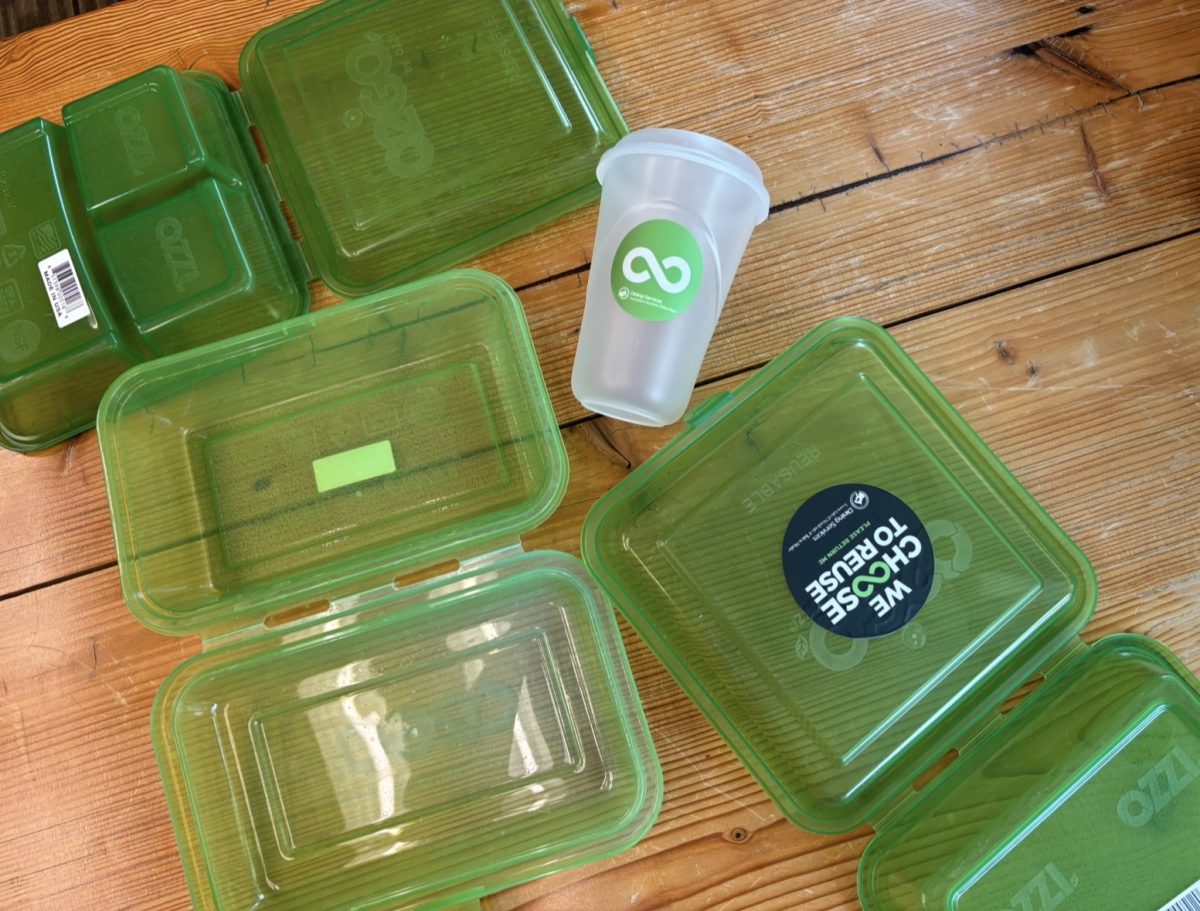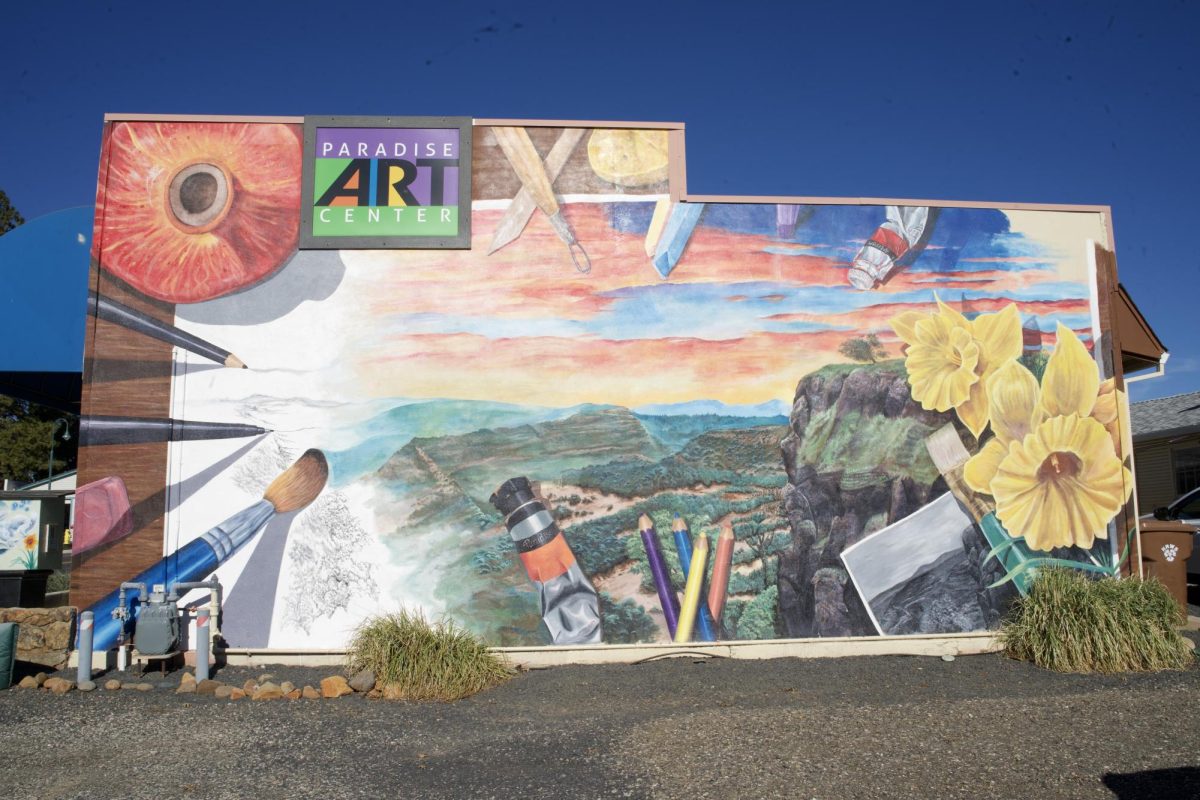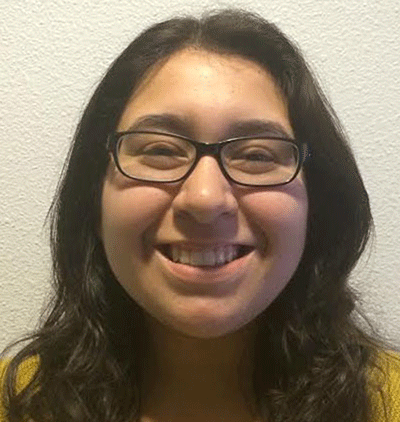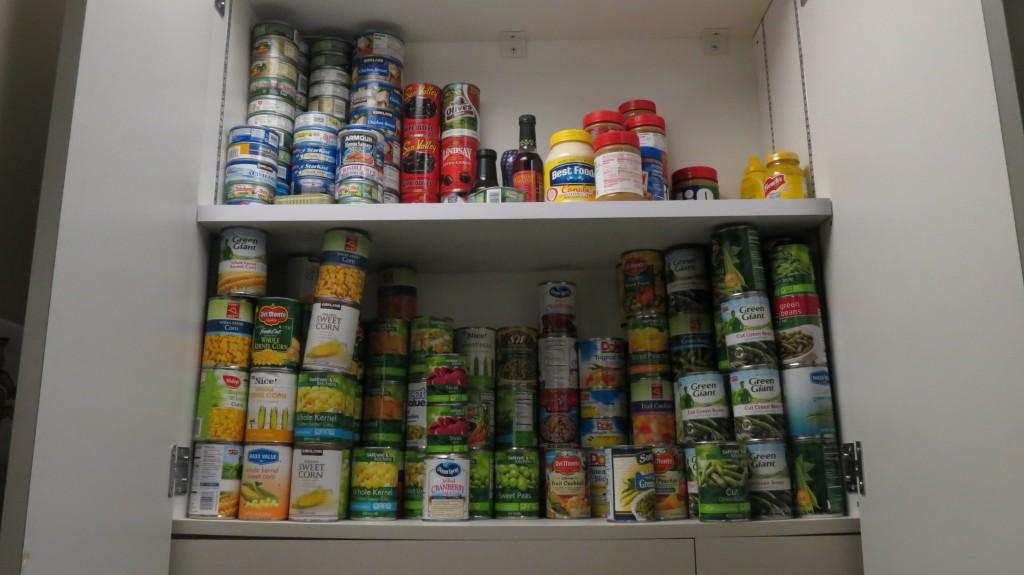
The Hungry Wildcats Food Pantry is available for students who don’t have secure access to food.
The program was in the works for two years before it officially began operating at the start of the fall 2013 semester. Chico State is the first school in the California State University system to create a program that offers free food to students in need.
Most of the donations come from student involvement. Students can donate using food bins on campus or at various student-run food drives.
“So far we haven’t had to buy any food because the community, both staff and faculty, have been so welcoming and generous toward this program,” said Kathleen Moroney, assistant to the associate vice president of student affairs. “Our main goal as an administration is that we want students to be successful. We really do.”
Donated food is kept in a pantry located in the Student Services Center on campus. Students are provided with a reusable bag to hold donated food.
The program also receives part of its donations through local partnerships with organizations like the Jesus Center. The center often has more food than it can use, so it gives to the Hungry Wildcats program.
Since last semester, the program has been able to help more than twenty students.
“They’re grateful and humble,” said Joseph Gilmore, a junior anthropology major. “It’s nice taking them over there. They’re really happy that they can benefit from the program.”
Some students are hesitant about using the resource.
“They’re shy to take too much and they want to save food for the other students but we say ‘take it, take it, fill the bag,’” said Moroney. “We’ve got great students here.”
There are no criteria that students need to meet in order to qualify for the program. If students have a genuine need for the food, they can go to Room 110 in Kendall Hall and meet with the coordinators. Students read and sign a form confirming they are enrolled in Chico State this semester, and swear to only take the food if they really need it.
The program is confidential and based on an honor system. Students can provide their student ID number in place of their name when signing it. Students can visit the food pantry as many times as they need.
The program also promotes health and wellness.
“If they’re also struggling with other health issues or something that the counseling center or financial aid or any of the other departments that are under our division can help with, we’ll see if they need any other help than just that,” Gilmore said.
Those who would like to contribute to the program can also make cash donations that the program uses to buy specific items.
“Sometimes we need protein,” Moroney said. “Sometimes we need snack foods. Some students don’t have time to cook and need snacks during the day.”
The coordinators carefully monitor the pantry to ensure that they don’t run out of a specific type of food.
“We notice a shortage of a certain need because the pantry is divided by food products,” Gilmore said. “So if we’re looking low on one shelf, we know to get more of that.”
Michelle Rodriguez, a junior child development major, believes that students will greatly benefit from this program.
“Some students do not have enough money to buy food because they have to pay for tuition, bills and other things,” Rodriguez said. “I honestly think that having a program like this will make students feel like the school cares about our health.”
Dominique Diaz can be reached at [email protected] or @dominiqueldiaz on Twitter.





